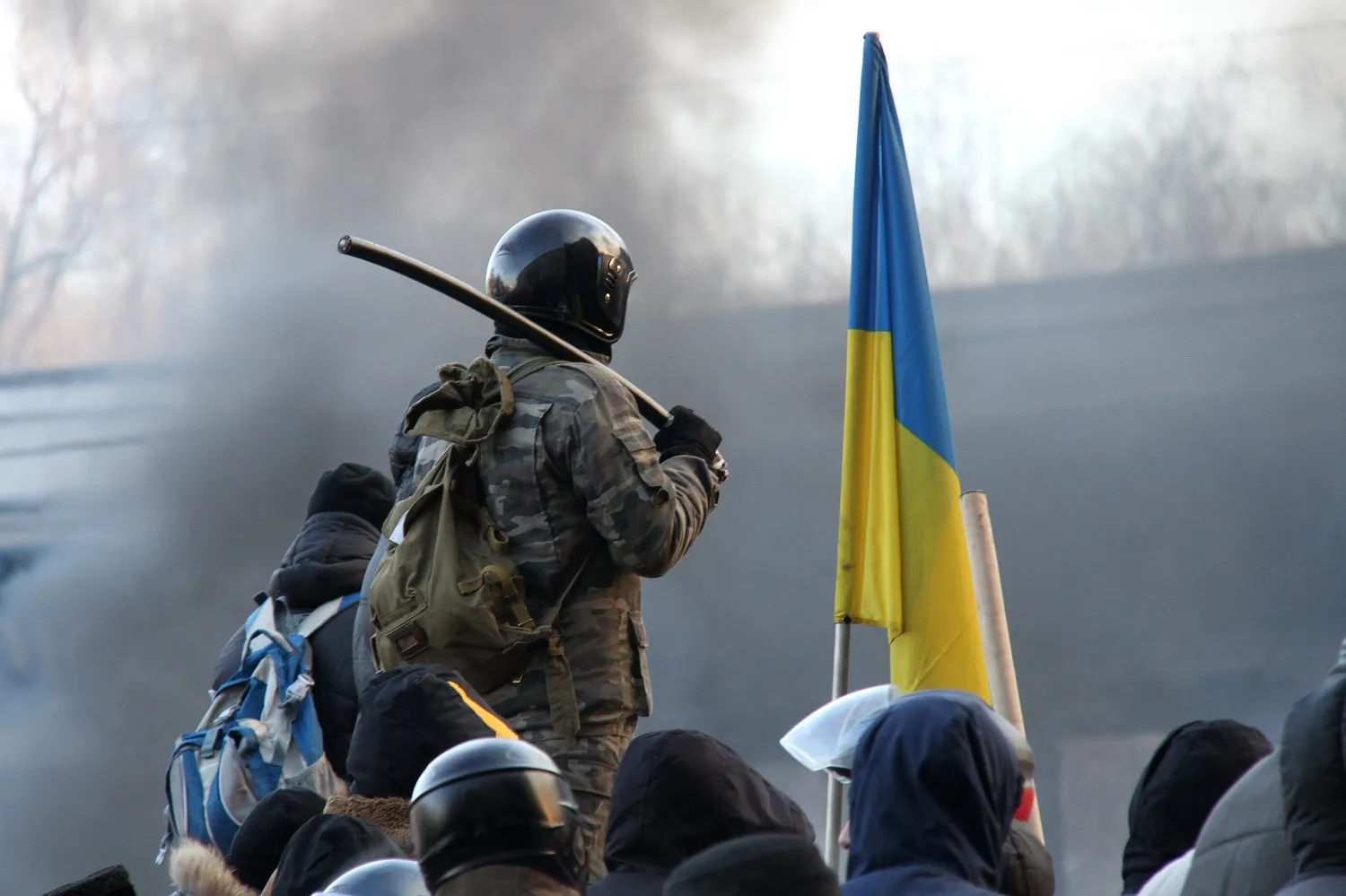
WHEN the war in Ukraine escalated in February last year, the world only saw it from the perspective that the Western media and their political establishment had promoted. Western countries tried to make the world believe that Russia and its leadership were bad elements for invading Ukraine, and they used this storyline to support Ukraine in defence of its territory.
The West’s decision to intervene was largely influenced by its animosity towards Russian President Vladimir Putin and the power his country has amassed over the years, which has led the West to see him as a potential threat to its hegemonic rule throughout the world. They believed that the war in Ukraine provided them with the chance they had been waiting for to put Russia in its proper position.
There was no assessment of the anticipated effects of escalating the war, nor was there any prediction of its duration. Due to this hasty decision, which resulted in significant economic setbacks for the entire world and drove millions of people into extreme poverty, the world is currently paying a high price.
It does appear that the West was one-sided in its approach since Russia is holding its ground on Ukraine all by itself while also meddling with Western interests in Africa as the world tries to reorganise and recover from the economic mess brought on by the war in Ukraine. As Western power rapidly declines, it remains to be seen if the West can pivot and defend its interests in Africa.
France, one of the last major colonial powers in Central and West Africa, is struggling to maintain its position as more and more of the countries it directly or indirectly ruled are shifting away. In these regions, there have been about nine coups in the past three years, and with most of them brought on by discontent over the regions’ lack of development and France’s continuous exploitation of their resources. If they are still unable to take advantage of their own natural riches, the people remain unsure of what independence means.
It appears like France is suffering from a double whammy, having to bear the costs and economic losses associated with the war in Ukraine while also losing influence over its former colonies in Africa. Those African countries where coups occurred recently have quickly turned to Russia, Brazil, India, China and South Africa (BRICS) for support. The idea behind this geopolitical decision is that if France touches a nation that is now allied with Russia, the latter will intervene — a scenario that is currently unfeasible given the cost of the conflict in Ukraine.
The argument that Russia has nothing to offer African nations compared to Western nations has been promoted by Western media. This discussion has not gained much support, in part because it is shortsighted and ignorant of the historical fact that Russia never had a colony in Africa and never inflicted hardships on its citizens. Many families are still grieving the loss of loved ones who died fighting Western colonial rule, and this loss cannot be made up for by the meagre aid that the West is providing to gain access to resources. In truth, Russia helped several liberation struggles in Africa, paving the way for modern-day governments and freedoms.
How these African countries use the new alliances with Russia and BRICS is a matter of choice and strategic visions. However, securing the freedom to use their resources for the growth and development of their people rather than being perpetually exploited is the first and most important step. They may now sell their resources at today’s market pricing and make the most of them because they have access to autonomous power. They are now free to choose their trading partners without worrying about Western sanctions. It’s time to create new trading alliances if they play their game well.
- Lukaku becomes the most expensive player ever
- Lukaku becomes the most expensive player ever
- Ukraine's Zelenskiy warns Europeans to brace for bleak winter
- Ben Stiller and Sean Penn latest Americans banned from Russia
Keep Reading
Russia sees Africa as a significant partner in a world that is moving towards a multipolar world order given the expanding influence of global economies like China and India. The 2023 Russia-Africa summit, which was held in Moscow in July of this year, was attended by 49 of the 54 African nations. At the conclusion of the summit, Russia made a commitment to stand in solidarity with the African states in their pursuit of a more just and polycentric world and the abolition of social and economic inequality, both of which are rising as a result of some rich countries' sophisticated neocolonial practices towards Africa. Simply put, they wish to assist in eradicating the Western colonial legacy, a situation that is playing out in central and west Africa.
This will include supporting the sovereignty and independence of interested African states, including through security assistance, inter alia food and energy security, as well as military and military-technical cooperation.
Moscow also wants to play a major role in addressing African conflicts under what they call the principle of “African problems — African solution”. These are big intentions that are attractive to African countries mainly those seeking to break away from exploitative trade relations with the West.










